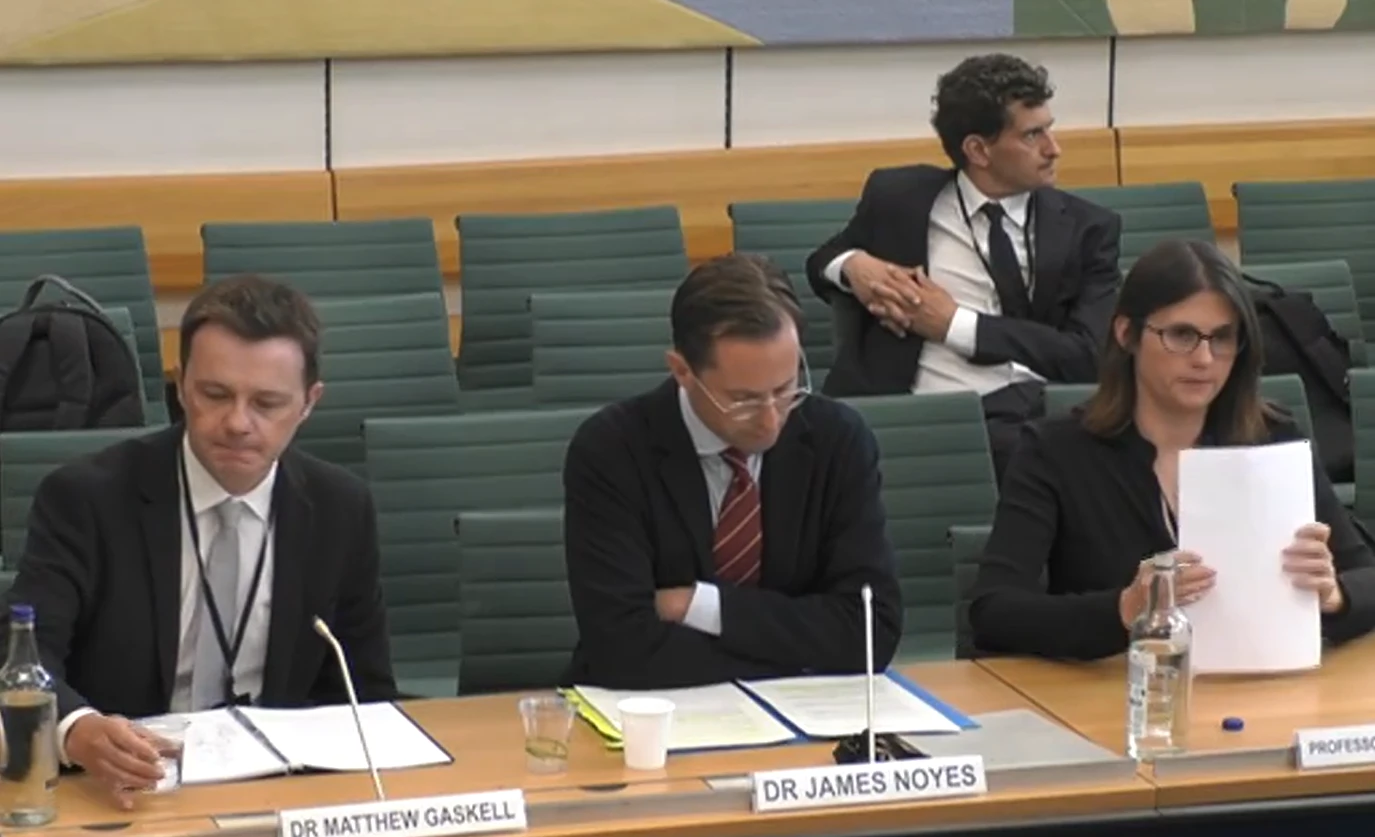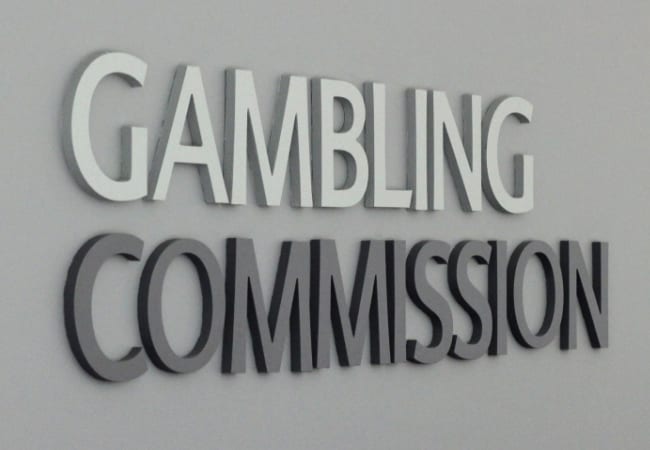MPs warned to keep gambling industry away from policy

The inquiry, which launched in December last year, received testimony from several prominent academics and specialists on their thoughts about the process of gambling reform.
In normal course, the 11-MP select committee scrutinises the work of DCMS and its associated bodies. The inquiry today asked the witnesses present on their views on the gambling white paper, which was released in April.
While the evidence presented to the committee varied in content, the testimony shared some themes. These included frustration at the long process of reform, scepticism at the government’s capability to deliver on its word and warnings to keep policymaking away from the influence of industry.
Symbolic step forward
Writer and policy advisor Dr James Noyes called the publication of the white paper “a symbolic step towards achieving reform” but said that it still contained significant shortcomings.
These sentiments were echoed by the other two witnesses on the panel – Glasgow University professor Heather Wardle and clinical lead for the NHS Northern Gambling Service Dr Matthew Gaskell.

While the gambling inquiry witnesses paid tribute to what they characterised as the limited successes of the document, they highlighted advertising, marketing and sponsorship as areas where more work could have been done.
“A huge miss on advertising, very weak on marketing and sponsorship of our national sports,” said Gaskell.
“The advertising and marketing proposals do not go far enough,” added Wardle. “They are not based on the evidence, where we do have strong evidence for action on advertising and marketing.”
Gaskell used the example of the voluntary gambling logo shirt ban as evidence for this. He pointed to recent research showing that only 5% of gambling logos would be addressed by the measure during a live Premier League football match.
Joined-up approach to consultations
Another element of the white paper singled out for criticism concerned the provisions in the document put out to consultation.
Following the publication of the document in the spring, much public criticism centred on this point, with some arguing that it resulted from a packed legislative schedule due to Brexit.
Some disagreed, with Liberal Democrat and chair of Peers for Gambling Reform Lord Don Foster telling iGB that many of the measures could have been passed by DCMS directly without the need for more primary legislation.

Noyes emphasised that the way the consultations are approached will have a great deal of influence on the eventual policy outcome.
“One of the main messages that I want to convey today is how vital it is that there is a coherent and joined up approach throughout this process and that the various consultations and topics don’t break off from each other in silos,” said Noyes.
For this to happen, Noyes argued that regulators and government departments should collaborate in a joined-up manner.
He also highlighted the risk in the sheer number of consultations set to occur, arguing that it is not clear whether the Gambling Commission “has the bandwidth or the resources to carry them out as well as fufill its ongoing duties of licensing and compliance”.
Noyes said that this could lead to further delay and piecemeal regulation.
Keeping industry away from policymaking
The members of the panel also argued the importance of making sure that the decisions of government happen independent from the desires of the gambling industry.
The industry, often through its trade body the Betting and Gaming Council, has faced criticism from some quarters due to its perceived closeness to the political process.
Tory MP Scott Benton faced suspension in April for offering to provide a copy of the gambling white paper up to 48 hours before being made public to journalists disguised as a fictional gambling lobbying firm.
Wardle said that with reform “the devil is in the details” and that she believed it was vital “the policy decisions that need to be made are insulated from industry influence”.
Noyes highlighted examples of the industry’s influence over the process “including, incredibly, hospitality gifts being given to MPs during what is meant to be an independent legislative review”.
“I would say it could be argued that the last ten years have been an example in how not to regulate an industry which pretty much everyone agrees needs some serious reform,” he added.
